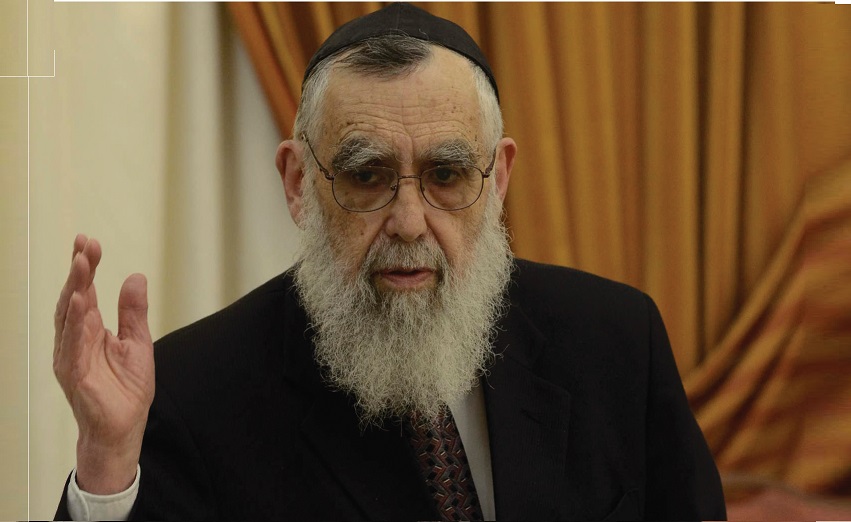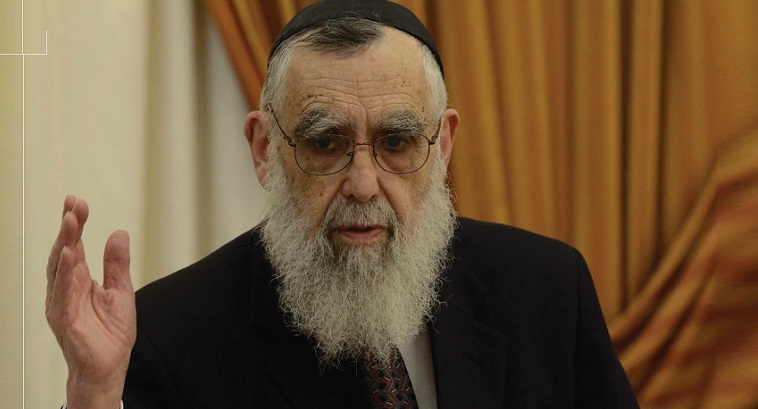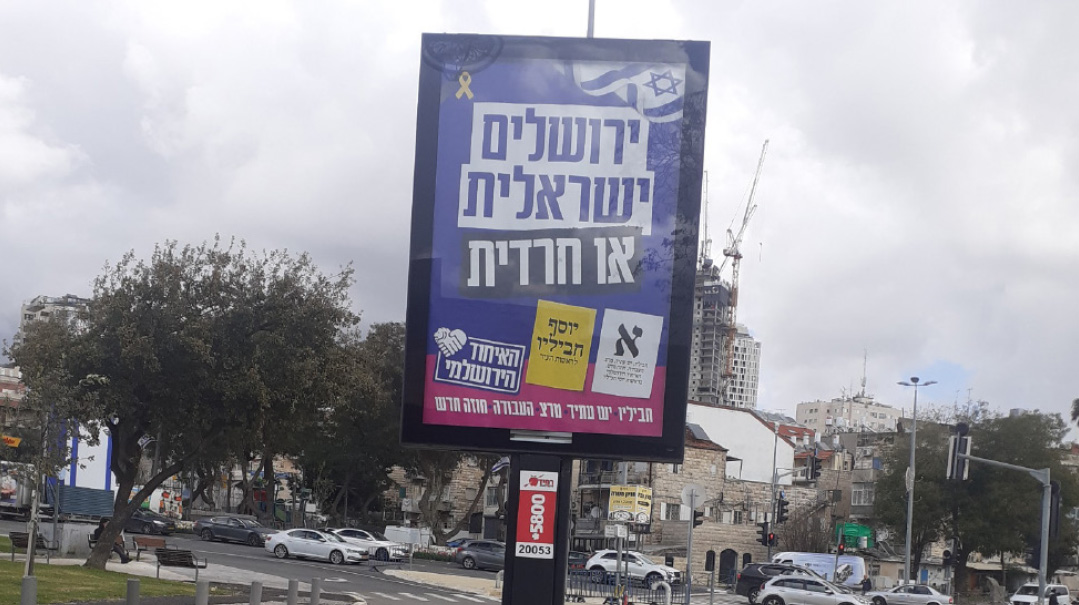Virtuosos of the Virtual

In this pandemic we continue to long for reality and an escape from make-believe, and we pray that we can continue to distinguish the real from the illusory
The virtual hugs and kisses to children and grandchildren through pantomime and gestures; the virtual visits through windows and porches; the virtual handshakes between friends by rubbing elbows. With this lockdown we have been introduced to the reality of the virtual. We have grown accustomed to virtual classrooms and lectures, virtual synagogues and study halls, virtual wedding receptions and simchahs, virtual shivah calls. And now, Major League Baseball, with grandstands corona-empty, is using carboard cutouts to fill their seats to create virtual overflow crowds who, through recordings of crowd noise, cheer virtually.
So far we don’t have virtual meals, since restaurants are delivering real meals, but perhaps our human ingenuity will someday invent a process by which we can actually be satisfied by virtually eating virtual food. Which would be a blessing, because then the weight we gained would only be virtual.
Fortunately, one can still daven alone in reality, but it is not like being in a real shul with Torah reading and Kaddish and Amen — plus other people. We can study Torah, but doing so alone or even with an electronic study partner or rebbi is not the same as sitting in a large study hall with the background hum of many others who are studying with living chavrusas. Virtual is still not reality — not yet.
But the danger is that with a little more time in lockdown, the demarcation lines could become blurred, and before we know it, we could become virtuosos of the virtual. So accustomed might we become to our make-believe activities that virtual would tend to become reality, while actual reality would become virtual.
It is possible to imagine this: A virtually wealthy man might give virtual millions to a yeshivah or synagogue, and he could be virtually honored at a virtually magnificent banquet featuring virtual dignitaries from around the world. And he might even have a virtual feeling of achievement after it is all over — though all this cost him nothing. The scenarios for virtual/reality confusion are endless — virtually.
With G-d’s help — and we will need Divine intervention, because our medical, scientific, and political leaders seem quite bewildered — the Covid will soon be conquered, hopefully before we forget what reality is like. When that blessed day arrives and we return to normal lives, we will be able to say: Now that we have had firsthand experience of the virtual and are back to reality — for the first time we are able to distinguish the real from the make-believe, the genuine from the ersatz, the real from the phony, the eternal from the evanescent. And, most crucially, we will be able to distinguish between that which makes a difference in our lives and that which does not matter. On that day we will realize that one cannot serve G-d and fellow man virtually, that one cannot be virtually virtuous. The Torah was not virtually given, the mitzvos not virtually commanded.
For now that we have experienced virtualness firsthand, we realize that much of our energies and ambitions are devoted to matters that in the final analysis and in ultimate terms mean very little. Fame is evanescent, as is material success, as is power, as are prestige and kavod. All appear at first glance to be genuine, and many people give up everything in order to attain them. But soon enough many of these objects of our strivings dissolve into dust. Only a few things in life remain permanent and eternal: the Torah we have learned and tried to understand, the chesed we have done, the tzedakah we have given, the kindnesses we have displayed, the honesty and integrity we have lived, the connection with G-d we have attained, the mitzvos we have done with a full heart. All else slips from our grasp like sand through our fingers. Deep within us, we all know that this is true. As King David writes in his Tehillim 90:9-10: “shenoseinu kemo hegeh… ki gaz chish vana’ufah — our years are like a fleeting thought… and we soon fly away.”
In this pandemic we continue to long for reality and an escape from make-believe, and we pray that we can continue to distinguish the real from the illusory. When we emerge from all this, we will surely have learned that it is much better to live virtuously than to live virtually.
(Originally featured in Mishpacha, Issue 824)
Oops! We could not locate your form.




